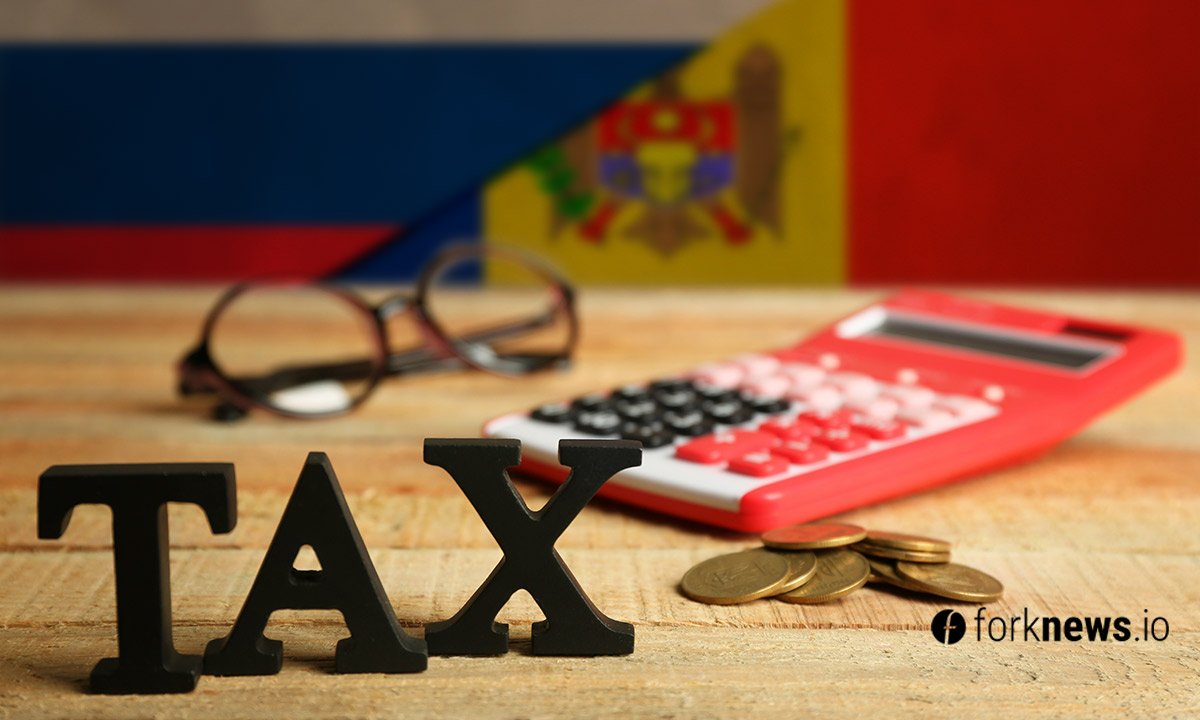
We tried to understand and systematize how regulators in Europe, Asia and the post-Soviet spaceapproach the issue of selling, exchanging and mining digital coins.
In previous articles, we understood the taxation of cryptocurrencies in Europe and Asia. Today we will talk about the countries of the post-Soviet space.
We recently reported that Ukraine is preparinglegalize cryptocurrencies and a draft of the corresponding document is being developed. We will not dwell on this jurisdiction for now and will wait for the results of the vote in the Rada.
We also told our readers that the Russians began to withdraw cryptoassets from the shadows, and that Rosfinmonitoring plans to track all transactions with digital money on the blockchain.
We also provided a detailed analysis of the most cryptocurrency-friendly country – Georgia.
Therefore, today we will focus on countries that are mentioned less often in the context of cryptocurrencies.
Estonia: Bitcoin – property
The Estonian Tax and Customs Board is responsible for legislative initiatives in the field of cryptocurrencies in Estonia.
From August 2020 to the Income Tax Lawchanges were made that dealt with digital and virtual currencies. In Art. 15 of this document now states that cryptocurrencies are property, and their alienation or exchange is subject to income tax.
The sources of digital savings are separately discussed:
- mining;
- purchase / exchange;
- remuneration received for work performed (including wages);
- paid hosting services or lease of computer power.
All income received from these operations is subject to deductions to the budget, like any income in fiat currencies. In this case, the amount of profit is calculated in the equivalent of euros at the exchange rate on the date of the transaction.
There is an important nuance:Since cryptocurrency is not considered a security in Estonia, the loss from its sale does not affect the total taxable profit of an individual or legal entity.
Individuals who are engaged in mining are required to register in the commercial register and pay, in addition to income tax, contributions to the funded pension fund for the self-employed.
Companies and entrepreneurs that provide cloud mining services or lease computing power declare their income from entrepreneurship.
If the salary received in cryptocurrency is immediately converted into fiat, then this operation is not subject to tax. In this case, the employer pays taxes.
The rates in Estonia look like this:
- income tax – 20% (tax-free minimum €500 per month)
- accumulative pension contributions – 2%
- turnover tax or VAT (analogous to income tax for legal entities) – 20%
- social tax – 33% (state pension fund, unemployment fund and health insurance)
We have carefully studied the legislation of Estonia and found the only loophole through which you can slip through without paying tax. This is a loan agreement.
You can “loan” bitcoins to an individual or legal entityin pieces(as property) and after a while they will be returned to you in pieces. In this case, it is important that the quantities match.The rate at which you gave and received debt cannot be of interest to the tax authorities.
Kazakhstan: Bitcoin – mining (so far)
In the last 2 months, the authorities of Kazakhstan have becomeshow unusual loyalty to cryptocurrencies. This is not surprising because it chronologically coincided with the pressure on miners and crypto companies in China.
Tear off a little from the tasty pie –understandable desire. Therefore, in June, the President of Kazakhstan signed a law on the taxation of miners, approved by the Mejlis, and an agreement with the large Chinese company Bit Mining for the construction of several data centers in the country.
Miners working in the legal field of the Republic of Kazakhstan, exceptregular electricity charges will deduct 1 ₸ ($ 0.0023) for each kW consumed. The report on the used e-mail and tax payment will be submitted once a quarter. The law comes into force on 01.01.2022.
In all other areas, there is no clear regulation of cryptocurrency transactions in the country yet.
State Controlled Internationalthe financial center "Astana" received the right to conduct exchange activities, but the government immediately announced that it plans to limit the possibility of buying cryptocurrencies for individuals in the amount of $ 1000 per month. In order to spend an amount outside these limits, retail investors must prove the origin of their assets with a tax
Simultaneously with the withdrawal of "gray miners" in "white"field, the government launched a pilot project to open cryptocurrency accounts for legal entities in second-tier banks (non-government). But it is understood that these will be Chinese companies (data centers, exchanges, exchangers) and their official representatives in Kazakhstan.
The Central Bank of the country and the tax service of the Ministry of Finance still cannot determine which income item to tax transactions with digital money.
So far, in the legislative field, bitcoin is neither an investment, nor a means of payment, nor property, nor a security, nor a foreign currency.
Subscribe to ForkNews on Telegram to keep abreast of news from the world of cryptocurrencies





